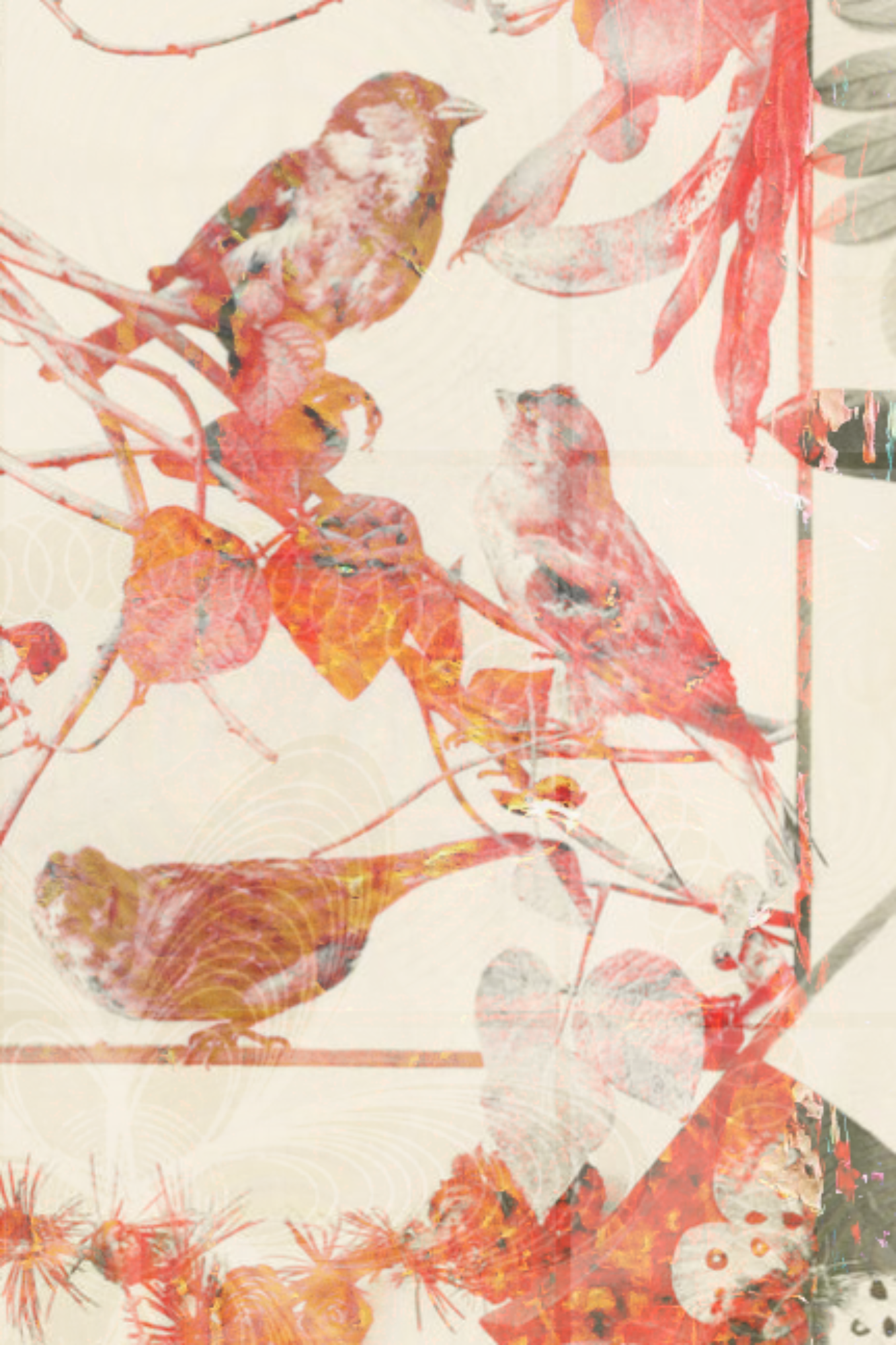Are any movies, music, books, or poetry collections (or any media at all, really) particularly inspiring to you?
When I was 16, I read “To Be of Use” by Marge Piercy and was completely enraptured. More than a decade later, it’s still my favorite poem, and Piercy’s poetry remains a guiding force in my life. I find her concise style, metaphorical imagery, sharp intellect, communal ideals, and deep reverence for natural systems to be incredibly moving. My go-to Piercy collections include The Twelve-Spoked Wheel Flashing, Available Light, and The Art of Blessing the Day.
I’m heavily influenced by speculative, visionary writing: Ursula K. Le Guin, Ted Chiang, Octavia Butler, Rumi, Mary Oliver, Khalil Gibran all come to mind. Le Guin’s The Word for World is Forest and Chiang’s Exhalation: Stories are very dear to me. I also find the solarpunk genre inspiring, and I’m excited to see how the movement evolves amid the ongoing climate crisis. Short story collections like Solarpunk Summers: Glass and Gardens have expanded my heart and mind a thousandfold. I believe we direly need more climate optimism in the world, and especially in literature.
Give us some background on the pieces you contributed to this issue.
Human animals have been socialized to project our fears and insecurities onto non-human animals. In some contexts, this process has been helpful—for avoiding danger, promoting survival, and telling stories to make sense of things. But assigning negative sentiments to animals comes with consequences. Doing so can displace our appreciation for their vital roles in ecosystems; disarm our curiosity about their subjective experiences; enable hierarchies that justify their exploitation and suffering; and further disconnect us from the natural world. These risks can be pronounced in urban settings, where our relationship with nature can often feel severed and bleak.
“The Rat is Myth Unspoken” examines how the human psyche has been conditioned to project repressed thoughts and emotions onto—and ultimately devalue—certain kinds of animals. “Exchange and Return” explores how marginalized beings navigate and survive in a world that rejects them—a fluid and intertwined world that is always turning and ever in motion. Both pieces question the hierarchies we build on the basis of difference and envision a more dynamic form of social conscience. By writing about rats and mice, I invite readers to consider the experiences and struggles not only of non-human animals, but also those of the overlooked, the bullied, the misunderstood, the disenfranchised, the impoverished, the working class.
If your work had a soundtrack, what songs would be on it? Why?
Part of my creative process involves listening to ambient and atmospheric music. As I wrote these pieces, I often found myself playing “Parades” by Jan Jelinek & Masayoshi Fujita and “Ants To You, God To Who?” by André 3000. For me, these songs invoke powerful feelings of warmth, curiosity, optimism, and the sense that better realities are possible—not only for humans, but also for the fellow animals with whom we share the earth.

Jimmy O’Hara is a gay writer and editor who crafts science news for a non-profit medical organization. Based on the U.S. east coast, he often focuses his poetry on memory, spirituality, animal rights, social conscience, and a sense of belonging. His works have been published or are forthcoming in Eunoia Review, Literary Veganism, and Rising Phoenix Review.

